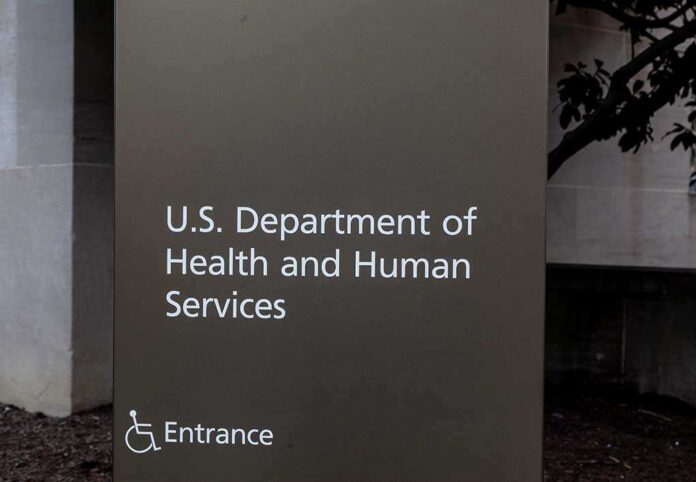
The appointment of Robert F. Kennedy Jr. as Secretary of Health and Human Services has sparked debate and speculation about the future of U.S. health policy.
Quick Takes
- Robert F. Kennedy Jr. confirmed as Health Secretary in a narrowly split Senate vote.
- Oversight of critical health agencies like FDA, CDC, and NIH under RFK Jr.
- Republican support despite Kennedy’s controversial vaccine stance.
- RFK Jr. plans to integrate preventive health approaches and revamp nutrition policies.
Kennedy’s Confirmation and Responsibilities
Robert F. Kennedy Jr. secured his position as the Secretary of the Department of Health and Human Services following a contentious debate in the Senate, where the vote concluded at 52-48. Kennedy’s new role includes overseeing 13 key U.S. health agencies, such as the FDA, CDC, and NIH. This decision has led to discussions about the implications his leadership will have on these agencies, particularly given his known stance on vaccine safety.
Despite his history of vaccine skepticism, Kennedy pledged not to limit vaccine access, although he hasn’t fully renounced his past views. While his confirmation was largely backed by Republicans, it faced opposition from Democrats, noting that some within the party also expressed misgivings. Kennedy remains a controversial figure due to his involvement in anti-vaccine activism.
Shifts in Health Policy Approach
With a focus on preventive health, RFK Jr. aims to redirect NIH funds toward chronic disease prevention and integrate holistic health strategies. His plan includes restructuring NIH with a leaner staff, aligning with broader goals to challenge the status quo of health management in the U.S. Skepticism persists about his ability to manage infectious disease crises, underscoring concerns among public health officials.
“FDA’s war on public health is about to end” – Robert F. Kennedy Jr.
Additionally, Kennedy’s agenda emphasizes nutrition improvements, including revising food labeling and banning certain additives. His aim to promote healthier food production addresses chronic diseases and obesity, proposing changes not only in health policy but in economic sectors linked to health outcomes.
Controversies and Future Implications
Robert F. Kennedy Jr.’s confirmation as Health Secretary signals a pivot from conventional health strategies, highlighting Trump’s continued influence. Kennedy, known for challenging scientific consensus, raises concerns about the USA’s preparedness for public health challenges. His positions on vaccines and corporate health influence hint at potential shifts in policy focus, sparking debates about the sustainability of such changes.
The impact of Kennedy’s leadership on government health agencies remains to be fully seen, but his emphasis on reduced regulation and realignment of bureaucratic priorities resonates with certain conservative principles, potentially reshaping future health policy discourse.
Sources:
- Under RFK Jr., US Health Policy and FDA Operations May See Major Shifts | JD Supra
- Robert F Kennedy Jr Confirmed As Health And Human Services Secretary On A 52-48 Vote
- The Senate Confirmed RFK Jr. as Health Secretary. Now What? – The Atlantic












